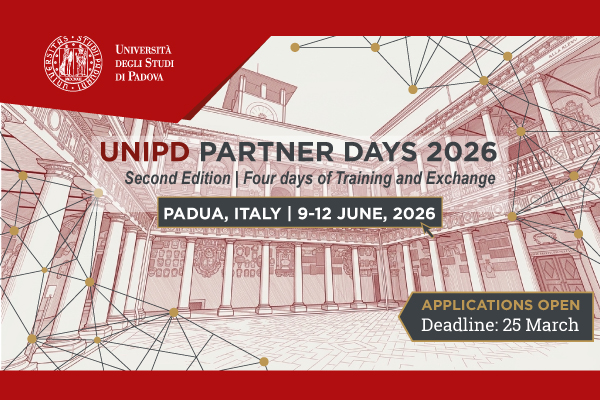Arqus commits to Open Science in a newly published position paper
|
16 Mar 2022“Open Science” refers to knowledge that is accessible to all, gained in transparent processes, shared and jointly developed. This approach promotes the population’s understanding of research processes, enables active participation and thus also promotes trust in the results of scientific research. Conversely, Open Science enables science to respond better and faster to needs from society. The Arqus Alliance, therefore, wants to specifically promote Open Science at the partner universities. A position paper to this effect has now been published under the leadership of the University of Graz.
Around 30 colleagues from all seven founding members of Arqus have contributed their know-how to the document over the past two years. Among them are scientists from various disciplines as well as experts from the fields of research management, library and communication. “The goal was to draft a joint, long-term strategy on how the Arqus universities want to deal with the topic of Open Science”, explained Christian Kaier and Hildrun Walter from the University of Graz, who led the task force.
The Arqus universities have agreed that science and research should increasingly be conducted on the basis of the principles and methods of Open Science. “The goal is for research to be as transparent, accessible, understandable, repeatable and inclusive as possible”, said Christian Kaier and Hildrun Walter.
The commitment of researchers to align their work with the needs and expectations of society is of importance as well. Suggestions on how these goals could be implemented at Arqus universities can also be read in the position paper. Among them are recommendations for the topics of Open Access, FAIR Data, Infrastructure, Methods, Awareness and Training, Research Assessment and Communication. The topics of Citizen Science, Open Educational Resources and Open Innovation are also addressed in the Openness Position Paper.
Christian Kaier and Hildrun Walter emphasise that the position paper lays the foundation for establishing Open Science at the universities of the Arqus Alliance. “In any case, it will be important to convince researchers of the value of open science and to discuss possible negative effects of a transformation to Open Science”, both of them confirmed. So in the future, on the one hand, the individual universities will work even harder on the implementation of Open Science strategies, and on the other hand, the collaboration within the Alliance on this topic will also become stronger.
As befits a paper of this kind, the Arqus Openness Position Paper is of course available under an open license on the open access platform Zenodo.

05 Mar 2026